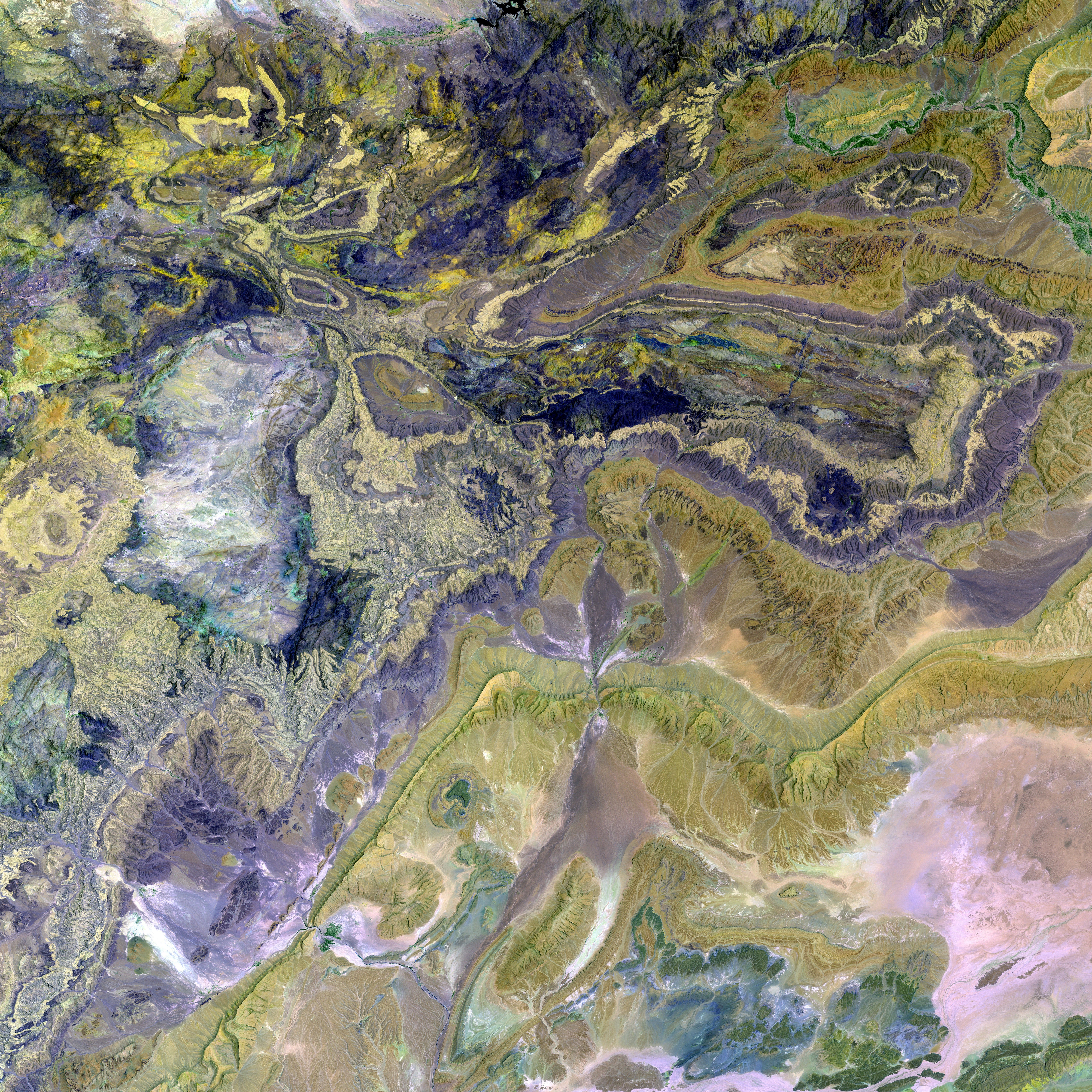Polska premier ogłasza stan wojenny związany z powodziami, które spowodowały katastrofalne zniszczenia
In a dramatic turn of events, Poland's Prime Minister Donald Tusk has declared a state of emergency due to the catastrophic flooding ravaging the southern regions of the country. The precipitating factor for this disaster is the Genoa depression, a persistent low-pressure system that has drenched the region, causing devastating consequences.
Tusk announced on September 15 that the Council of Ministers was drafting a government ordinance to activate the state of emergency. Over days of relentless rainfall, the local infrastructure has been pushed to its limits, leading to flooding in previously untraceable areas. Towns and villages have been submerged, and the transportation network is in disarray. Two major rivers, the Vistula and the Oder, have reached critical levels, causing widespread evacuations and straining emergency teams.
The affected regions encompass several provinces, including Silesia and Lesser Poland. In some areas, helicopters have been deployed to rescue stranded residents, while local emergency services stretch their capabilities to the breaking point. The floods are a notorious recurring threat in Poland, but this year has seen some of the worst flooding in history, with places being submerged completely for the first time.
The state of emergency, when enacted, will grant the government extraordinary powers to manage the crisis. This includes restrictions on certain freedoms, such as movement in affected areas, and the ability to direct resources, enforce evacuations, and organize emergency responses more efficiently. However, it must be noted that no elections or referendums can take place during the state of emergency or the 90 days following its conclusion, potentially impacting upcoming electoral processes.
The flooding looms as a reminder of the growing importance of disaster preparedness plans, as extreme weather patterns become more prevalent. With no immediate end in sight to the heavy rainfall, authorities are urging residents to remain vigilant and prepared, while focusing on protecting critical infrastructure and minimizing the loss of life.
For those interested, sign up to receive weekly recap updates on news from Poland.
- The definition of declaring a state of natural disaster is an official recognition by the government that an area has been devastated by a natural event, requiring immediate intervention beyond regular resources.
- The consequences of declaring a state of natural disaster include: a. financial assistance from both national and international sources, b. legal changes and amendments to existing laws (e.g., the Act on Special Solutions Related to Flood Recovery), c. development of infrastructure, such as water and sewage systems, d. international cooperation, including through systems like GDACS, and e. social and economic impacts on local communities.
We don't spam!
Check your inbox or spam folder to confirm your subscription.
- The Prime Minister of Poland, Donald Tusk, is enforcing core preparations for the state of emergency, as the Genoa depression continues to ravage the southern regions, causing floods.
- Amid the chaos, Poland's government is actively using AI to predict weather patterns and coordinate response efforts in an attempt to minimize the damage.
- The space industry has shown promise in disaster relief operations, and research in this area may prove crucial in tackling disasters like the floods in Poland; perhaps seeking collaboration with entities like SpaceX could bolster the government's response.
- With the critical state of emergency underway, the government will have to tread carefully in the political arena, ensuring that the general public remains informed about the disaster, war-like efforts, and the ongoing elections that are temporarily delayed due to the emergency.
- Focusing on the long-term, it's imperative for countries like Poland to address the environmental impact of disasters and develop comprehensive sustainability plans, as future events are likely to become more frequent due to climate change, particularly in regions such as Kłodzko.










